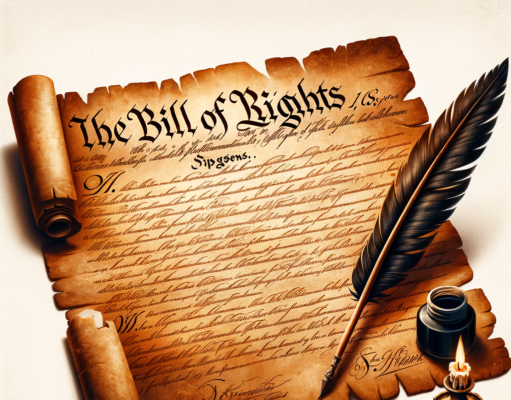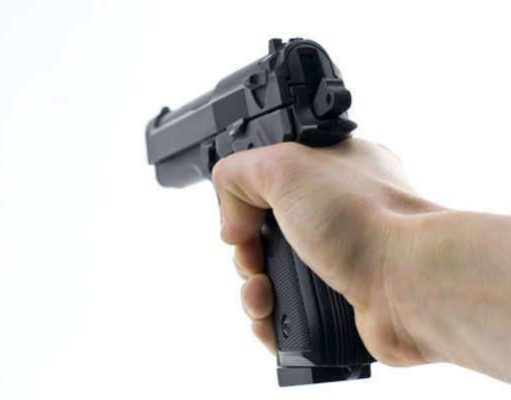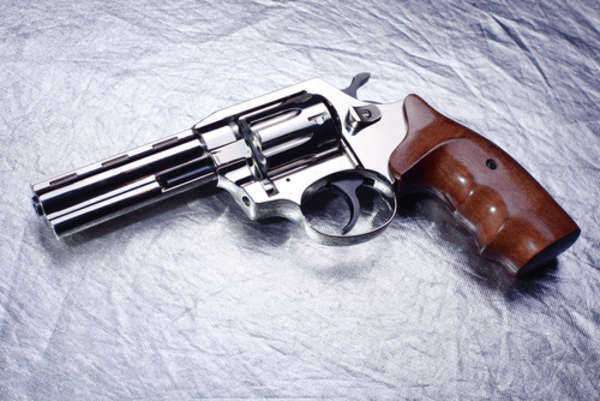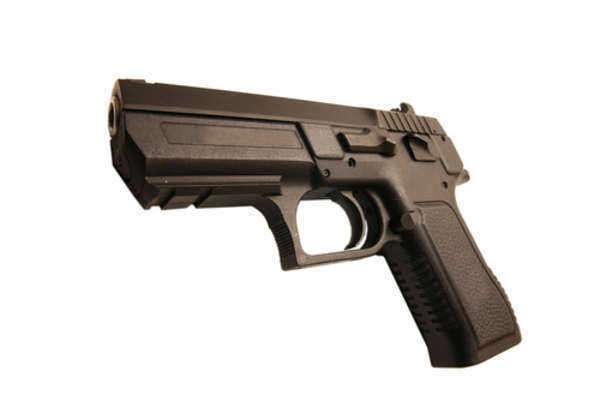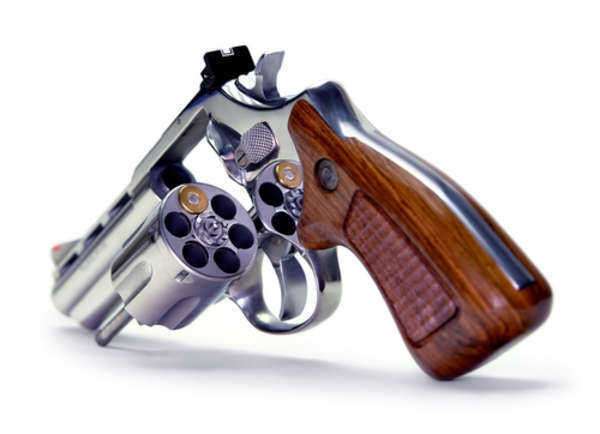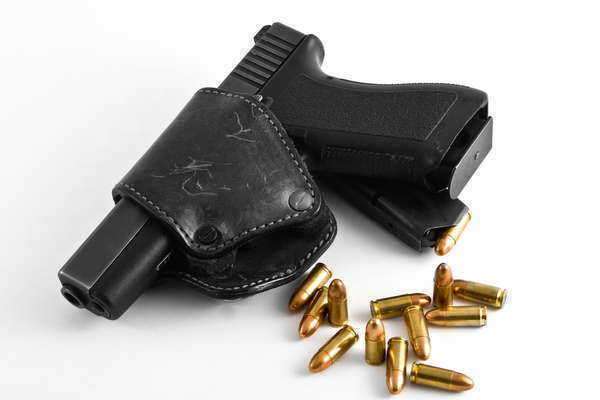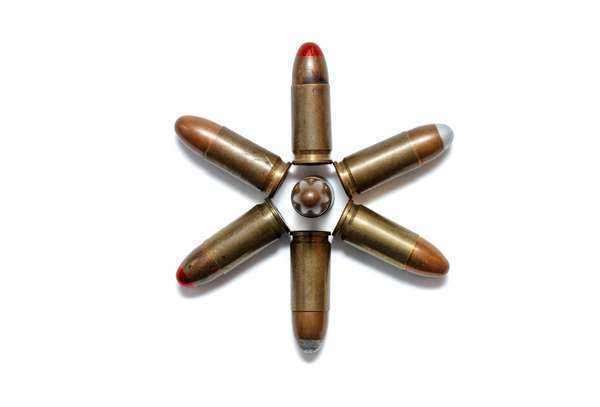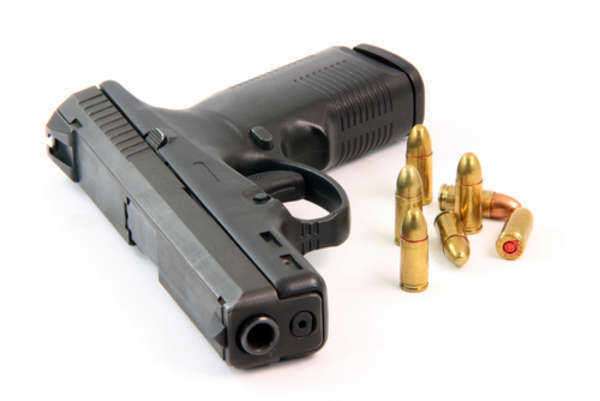Mississippi Gun Laws
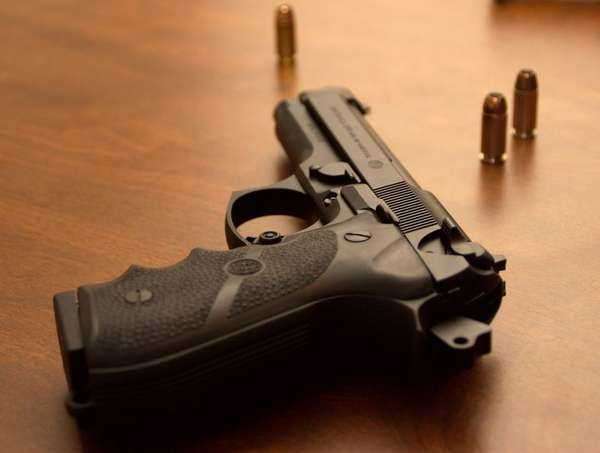
MISSISSIPPI GUN LAWS & REGULATIONS UPDATE 2023
A DECADE OF CHANGE: AN UPDATED OVERVIEW OF MISSISSIPPI’S GUN LAWS AND REGULATIONS TIMELINE (2013-2023)
Over the past ten years, Mississippi’s gun laws have seen notable changes, reflecting the state’s commitment to safeguarding Second Amendment rights while addressing evolving perspectives on firearm ownership and public safety. From concealed carry to background checks, these developments aim to strike a balance between individual rights and community security. This article provides a comprehensive overview of the key advancements in Mississippi’s gun laws and regulations from 2013 to 2023, presented in bullet points:
2013 – Enhanced Concealed Carry Law:
– Mississippi enacts legislation to simplify the process for obtaining a concealed carry permit, emphasizing responsible firearm ownership.
2014 – Enhanced Mental Health Reporting:
– Mississippi improves the reporting of mental health records to the National Instant Criminal Background Check System (NICS) to prevent firearm access by prohibited individuals.
2015 – Background Checks for Private Sales:
– Legislation is introduced to require background checks for private firearm sales at gun shows, promoting responsible transfers and closing potential loopholes.
2016 – “Stand Your Ground” Law Enactment:
– Mississippi adopts a “Stand Your Ground” law, allowing individuals to use deadly force in self-defense without a duty to retreat under certain circumstances.
2017 – Enhanced Penalties for Gun Crimes:
– Legislation is introduced to enforce stricter penalties for individuals convicted of gun-related crimes, aiming to deter illegal firearm use.
2018 – Firearm Preemption Law:
– Mississippi strengthens state preemption laws to prevent local jurisdictions from enacting firearm regulations that exceed state laws.
2019 – Enhanced Background Checks for Concealed Carry:
– The state tightens the background check process for concealed carry permit applicants, focusing on mental health history and criminal records.
2020 – Reporting Lost or Stolen Firearms:
– Mississippi introduces regulations requiring reporting lost or stolen firearms to law enforcement, aiming to prevent potential diversion to illegal markets.
2021 – Firearm Training Requirements for Concealed Carry:
– Proposed legislation aims to enhance firearm training requirements for concealed carry permit applicants, emphasizing responsible gun ownership and firearm handling skills.
2022 – “Red Flag” Law Consideration:
– Mississippi explores the implementation of “red flag” laws, allowing law enforcement and family members to seek temporary firearm removal for individuals showing signs of danger.
2022 – Enhanced Background Checks for All Firearm Sales:
– Mississippi considers potential regulations to require background checks for all firearm sales, including private transactions.
2023 – Firearm Storage Recommendations:
– Mississippi introduces guidelines promoting responsible firearm storage practices, particularly in households with minors, to prevent unauthorized access.
2023 – School Safety Legislation:
– Mississippi explores legislation to enhance school safety by permitting certain school staff to carry concealed firearms on school grounds, subject to proper training.
2023 – “Stand Your Ground” Law Review:
– Mississippi reviews its “Stand Your Ground” law to assess its impact on self-defense rights and community safety.
Mississippi’s gun laws have evolved significantly over the past decade, reflecting the state’s dedication to responsible firearm ownership and community safety. From concealed carry regulations to discussions on “red flag” laws and the strengthening of self-defense rights, these changes underscore Mississippi’s proactive approach to firearm regulation. As the state continues to shape its laws, it remains vital for stakeholders, policymakers, and citizens to engage in informed discussions that balance individual rights with the security of the community.
Like many states in the deep south, gun laws in Mississippi are lenient and often times abused. Per every 100,000 residents of the state there is 12 murders by firearms-third highest ranking for such a statistic. According to the Brady scorecard (which ranks states gun control laws from 1 to 100), Mississippi scored a meager 6.
Mississippi law on guns does not require a permit to purchase handguns or long guns. Registration and licensing for both forms of firearms is not required as well in the state. The right to carry a handgun is the only complexity within the gun laws in Mississippi. A permit is not required to carry a rifle in the state, but can be disallowed in specified areas such as schools, places of worship, or government buildings.
Slight intricacies revolve around possession for firearms in the state, but such restrictions pertain only to former convicts. Unless a pardon has been granted, the right to carry a gun will be considered unlawful for any individual convicted of a felony. In addition to a pardon, a former convict can possess a gun through a rehabilitation certificate.
The application process must be completed at the court in which the individual was previously sentenced. If grounds for rehabilitation can be proved following jail time, the right to possess a gun will be permitted in the state.
Gun laws in Mississippi are fairly complicated in regards to carrying a concealed pistol. It is considered legal for any person over 18 years of age to carry a concealed firearm within his home or place of business. The right to carry a gun will also be upheld (concealed or not) during any sporting event that requires the use of a firearm. All other instances where a weapon is concealed will require a license. The application process for concealment is quite lengthy and will be issued 120 days after request.
The applicant must be at least 21 years of age, live in Mississippi for a minimum of 12 months, possess a clean criminal background with no history of drug abuse, and show no signs of mental instability. Once the background check is administered, the applicant must submit fingerprints, a full-face photograph, and a fee of roughly $100. If granted, the license is valid for 4 years, but does not authorize the right to carry a gun in places such as schools or colleges, places of worship, athletic events, parades, or public parks.
Gun laws in Mississippi are more rigorous for dealers of firearms than buyers. Although a state license is not required to distribute; merchants, dealers, or pawnbrokers must keep a record of all sales. These records must include date of sale, description of firearm, type of caliber, and the name of the purchaser.
To avoid the sale of illegal guns, these documents are susceptible to random police inspection. Although stringent, dealers have freedom in regards to the specifications of each firearm sold. There are no restrictions or limitations on ammunition, caliber, or magazine size.

